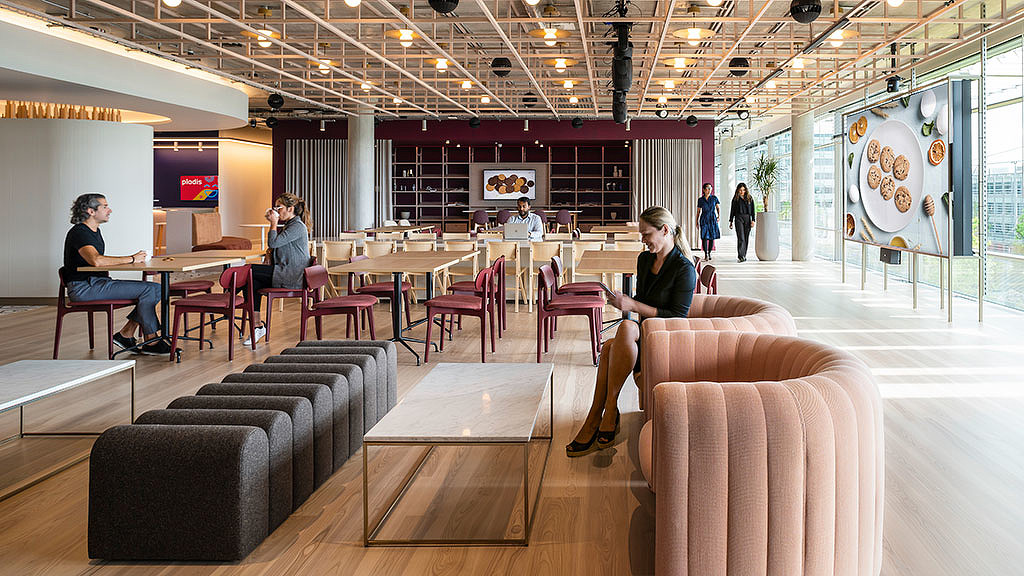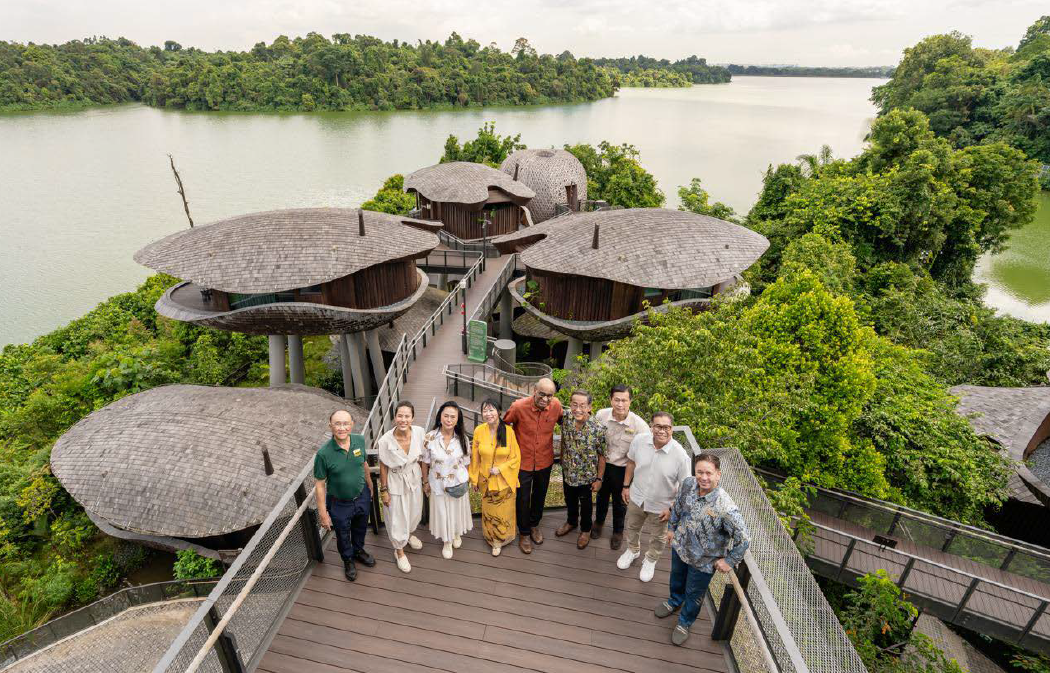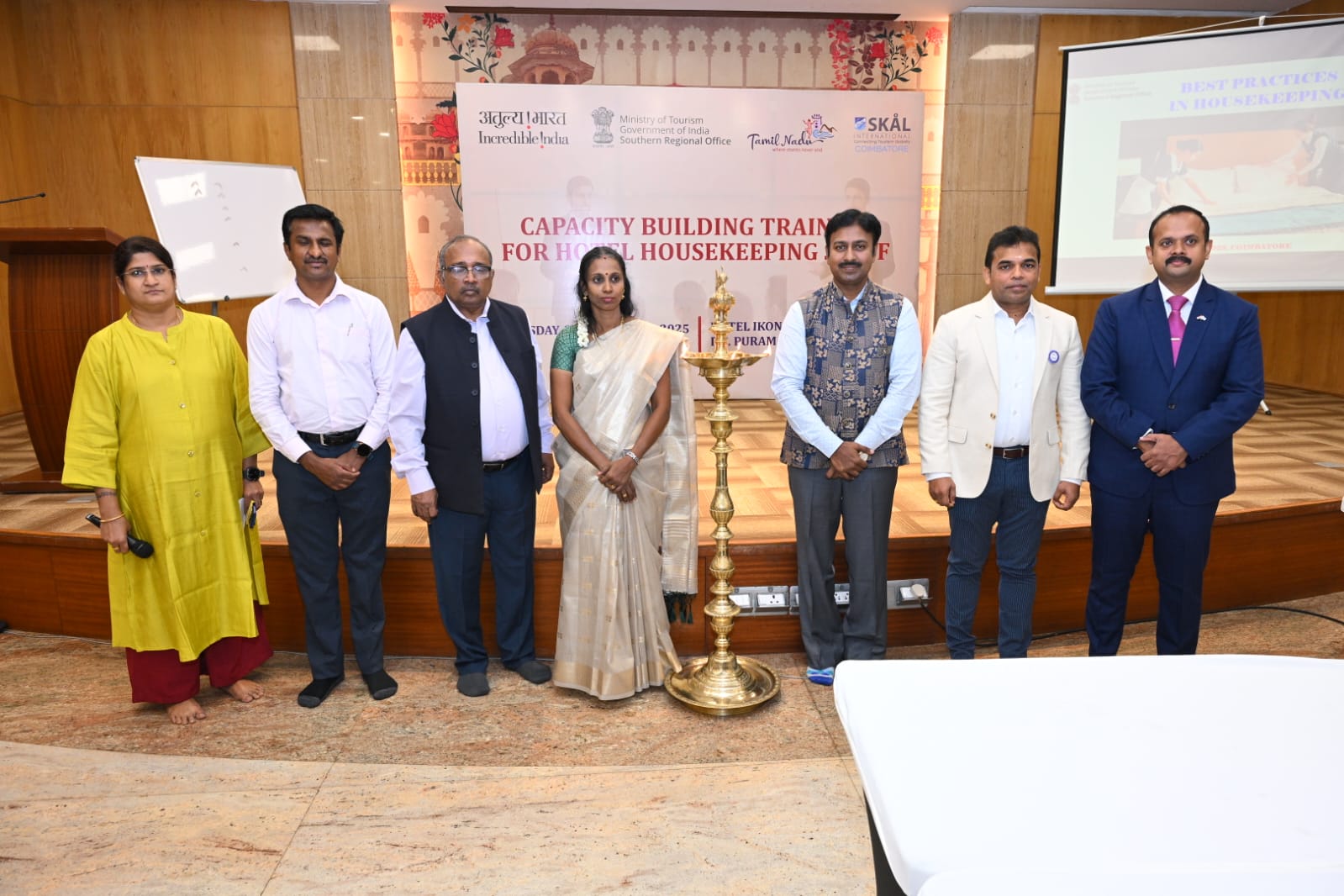Nikhil Shah explains why India’s hospitality prioritises strategic partnerships to unlock growth potential and mitigate capital risks.
Nikhil Shah, Managing Director, Hospitality & Alternatives, Colliers India
By 2030, India’s hospitality market is projected to reach significant heights, with various estimates ranging from US$ 30–50 billion for the hotel market specifically, to over US$ 500 billion for the broader hospitality industry. Unlike anywhere else in the world, it won’t be dominated by a handful of mega-corporations. Instead, a wave of strategic partnerships is creating India’s unique growth story.
In most mature markets, the hospitality industry follows a predictable path, beginning with consolidation through mergers and acquisitions, and leading to a few dominant players controlling the landscape. However, India’s hospitality sector is charting a radically different course. Instead of consolidation, the market is witnessing an unprecedented trend of partnerships, where global brands collaborate with domestic players to unlock new growth avenues.
Strategic stakes trump full buyouts
Rather than outright acquisitions, major hospitality players are opting for strategic stake purchases and franchise agreements, allowing them to expand rapidly while minimising capital risk. This approach has accelerated significantly since 2020, with numerous partnership agreements transforming the landscape.
Numbers behind the deals
IHCL acquired 51 per cent equity stake in two companies that operate 135 hotels under the Clarks Hotels and Resorts brand for ₹204 crore. The two companies include ANK Hotels, which has a portfolio of 111 midscale hotels and Pride Hospitality, which operates 24 hotels across India. ANK Hotels operates and manages hotels under the umbrella of The Clarks Hotels & Resorts which include brands of Clarks Inn, Clarks Inn Suites, and Clarks Inn Premier.
IHCL acquires 55 per cent stake in Tree of Life (₹18 crore). This move helps IHCL strengthen its presence in the boutique and resorts segment.
Marriott invests in Fern Hotels (₹131 crore): The partnership introduces “Series by Marriott”, a new brand operated by Fern. This marks Marriott’s first direct equity investment in the Indian hotel sector, leveraging Marriott’s Bonvoy loyalty programme.
Suba Hotels secures master franchise for Choice Hotels: This allowed Suba to expand Quality Inn, Comfort, and Clarion brands across India, targeting 50 properties by 2026, tapping into Choice Hotels’ global loyalty network.
Franchise-led expansions
Wyndham’s multi-brand strategy: La Quinta and Registry Collection operated by Cygnett — targeting 25 hotels by 2025.
Signum trademark collection: It allows 30+ independent hotels to join Wyndham’s global system while maintaining local character.
Hilton’s Spark by Hilton with Olive by Embassy: Embassy Group’s hospitality arm will develop 150 Spark hotels across India, focusing initially on Southern states, marking Hilton’s fastest brand rollout in Asia.
Accor’s tier II/III City Play via Treebo Hospitality Ventures: Treebo transitions from aggregator to operator, managing Ibis and Mercure brands in India with ambitious targets for smaller cities.
Thriving on collaboration
Fragmented ownership: Unlike China, where large conglomerates dominate, India’s hotel real estate is highly decentralised. Independent hotels command approximately more than 70 per of the hotel market size in 2024, making full-scale acquisitions difficult.
Asset-light preference: Global brands (Marriott, Hilton, and Accor) prefer management contracts over ownership, while Indian operators (Fern, Cygnett, and Treebo) benefit from global branding without heavy capital investment.
Diverse demand: India recorded 2.51 billion domestic travellers in 2023, requiring options across all price points, from budget to luxury, making partnerships more viable than standalone expansions.
Capital efficiency: Collaborations allow brands to scale faster with partnerships requiring significantly lower capital per key compared to owned properties.
Regulatory environment: India’s 100 per cent FDI allowance in hotels through the automatic route encourages international partnerships as well as investment in the hospitality sector.
Hybrid models & niche branding
Expect more innovative alliances by 2025-2026:
- Luxury brands partnering with budget operators for new market segments. For example, premium brands exploring hostel formats
- Competing global chains collaborating with Indian partners for different property types
- Co-branded hotels where a single property operates multiple flags for different floors or wings
- Wellness-integrated partnerships combining traditional hospitality with Ayurveda and wellness brands
Next frontier: Asian expansion
Having honed their distinctive partnership approach at home, Indian hotel chains are now poised to expand across Asia, where their deep understanding of Indian travellers’ preferences creates a natural advantage. This cultural alignment makes Indian hospitality brands ideally positioned to serve the growing outbound Indian tourist market and regional travellers.
(The views expressed are solely of the author. The publication may or may not subscribe to the same.)









